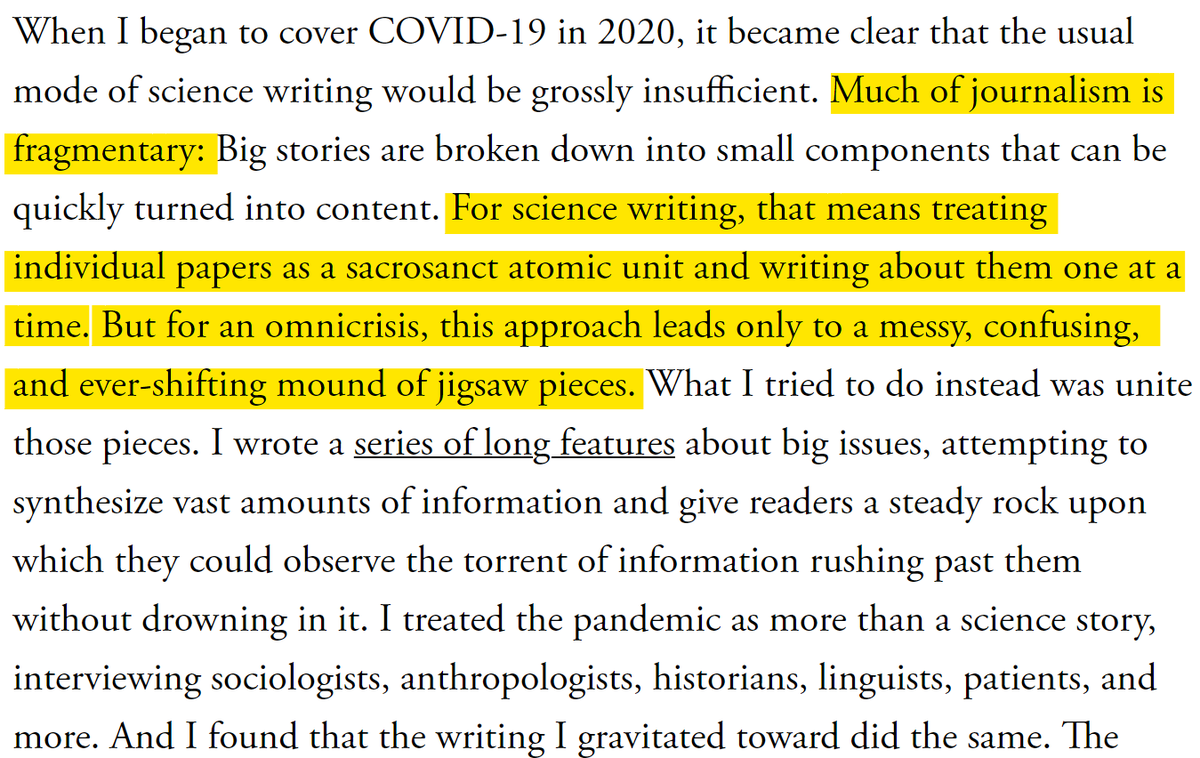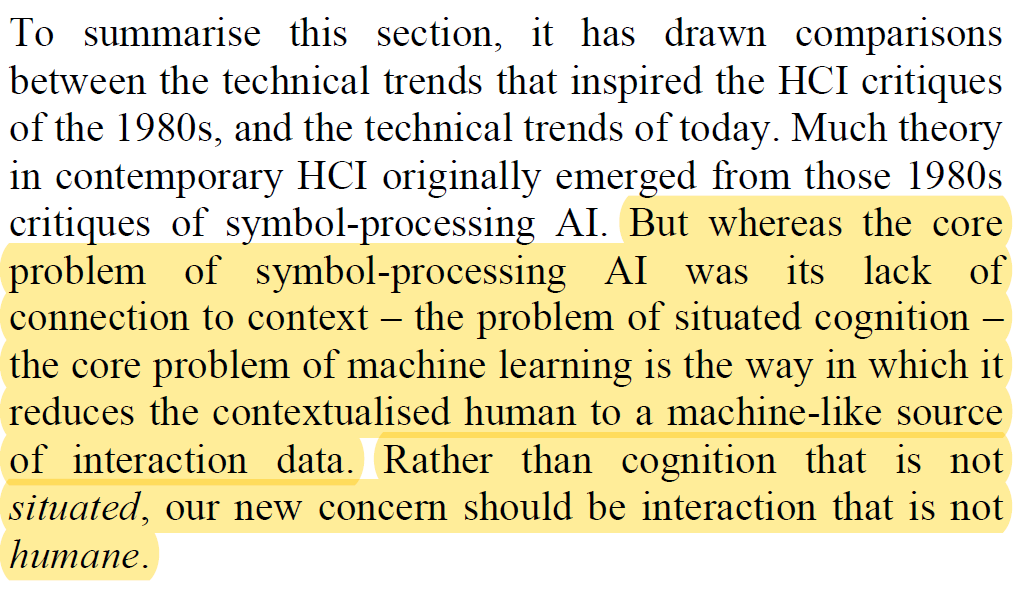
Designing recommender systems to depolarize:
- algorithmic social media isn't primary driver of polarization, but could be useful intervention
- goal: to transform conflict, not to suppress or eliminate it
- 3 stages: moderation, ranking, & user interface
paper by @jonathanstray
- algorithmic social media isn't primary driver of polarization, but could be useful intervention
- goal: to transform conflict, not to suppress or eliminate it
- 3 stages: moderation, ranking, & user interface
paper by @jonathanstray

Polarization is involved in variety of feedback loops:
- it leads to less intergroup contact, which causes polarization
- it is a precursor to violence, which causes
- polarization it leads to selective information exposure, which causes polarization
arxiv.org/abs/2107.04953
- it leads to less intergroup contact, which causes polarization
- it is a precursor to violence, which causes
- polarization it leads to selective information exposure, which causes polarization
arxiv.org/abs/2107.04953

3 key places where changes to recommender systems could be used for depolarization:
- which content is available (moderation)
- which content is selected (ranking)
- how content is presented (interface)
- which content is available (moderation)
- which content is selected (ranking)
- how content is presented (interface)

Important to distinguish btwn community moderation vs algorithm-assisted moderation at scale
Community moderators state reasons for actions, discuss policy, consider appeals
Algorithmic-assisted moderation at scale is acontextual, impersonal, hard to appeal, high false positive
Community moderators state reasons for actions, discuss policy, consider appeals
Algorithmic-assisted moderation at scale is acontextual, impersonal, hard to appeal, high false positive

Above quotes are from "Designing Recommender Systems to Depolarize" by @jonathanstray
arxiv.org/abs/2107.04953 h/t @louisa_bartolo
arxiv.org/abs/2107.04953 h/t @louisa_bartolo
• • •
Missing some Tweet in this thread? You can try to
force a refresh












